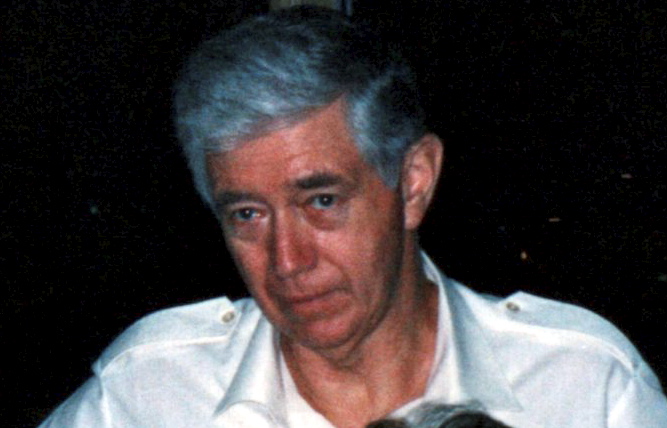William HIRD
Constable 1st Class William HIRD
Assault – Axe
Canterbury
13 August, 1885
On the evening of the 13 August, 1885 the constable challenged a group of drunken Kempsey Park labourers near the bridge over the Cooks River at Canterbury. The group were returning to camp following a day on the grog in the city and had been causing a disturbance. One of the men, named Birch, then became involved in a scuffle with the constable, and while this was going on another of the group struck the unfortunate Constable Hird on the head several times with an axe, killing him almost instantly.
Over the next few weeks the death of the constable, the capture of the murderers and the subsequent criminal trial were covered by the Sydney Morning Herald in great detail. The following are extracts.
(14 August, 1885 edition):
MURDER OF A CONSTABLE AT CANTERBURY.
A constable named William Hird was found dead early this morning near the Canterbury bridge, under circumstances that revealed the perpetration of a brutal murder. About 3 o’clock yesterday morning two market gardeners brought word into the township that a man was lying dead near the bridge. Several people went to the spot and found the body of the constable who lived in Canterbury. A terrible blow had driven in the skull near the left eyebrow, and the right side of the head, including the eye, was completely smashed. The body lay in a pool of blood, and near it was a large blood-covered stone, which it is presumed had been used in part perpetration of the deed. The deceased was lying on his back, with his hands clenched and his arms fixed. Two buttons, of his jumper were open, as though he had been in the act of drawing his baton…
(21 August, 1885 edition):
It was “a gratifying though mournful pleasure to testify to the indefatigable manner in which the late constable had performed his arduous duties. Of the fearless manner in which he had discharged his duties they had had ample proof. They had, he thought, a bright example set before them by his action on his last return home. Wearied with his day’s work, and doubtless contemplating retiring to rest, the constable heard some ruffians making the night hideous with their cries. He knew that should he succeed in arresting them he would have to convey the prisoners to the Newtown Police Station, and he would have to walk there and back. Instead of pleading to himself fatigue as an excuse for a partial neglect of duty, he went at once to the spot where he met his death”
(4 September, 1885 edition):
The two young men Joseph Thompson and Ellis Birch, who had been found guilty at the Criminal Court on Tuesday of the manslaughter of Constable Hird at Canterbury on the 13th of August, were placed in the dock again yesterday to receive sentence. The prisoners, it will be remembered, were indicted for murder, but the jury returned a verdict of manslaughter. Several witnesses were called, who gave Birch a very good character. His Honor, in sentencing the prisoners, stigmatised their crime as a horrible and cruel murder. He considered that the verdict of the jury, in the teeth of the evidence given, had caused a grave miscarriage of justice, for which he was assured that he was not in any way responsible. He had pointed out that there was no evidence of any provocation by which the crime might have been reduced from murder to manslaughter, and he would, therefore, speak of it as murder despite the finding of the jury. He would endeavour, however, in the interests of society to rectify as far as lay in his power the wrong that had been done by inflicting, in the case of Thompson, the highest penalty allowed by law for the crime of which he had been found guilty, namely, penal servitude for life, the first three years in irons. With regard to Birch, there was no doubt that he had been an assenting and consenting party to the murder and he would therefore sentence him to 15 years’ penal serviende. [sic, ie. servitude]
The constable was born in 1852 and joined the New South Wales Police Force on 5 July, 1882. At the time of his death he was stationed at Canterbury. He had previously been a sergeant in the East Riding Police Force in Yorkshire and left a wife and five children.
[divider_dotted]




One Comment